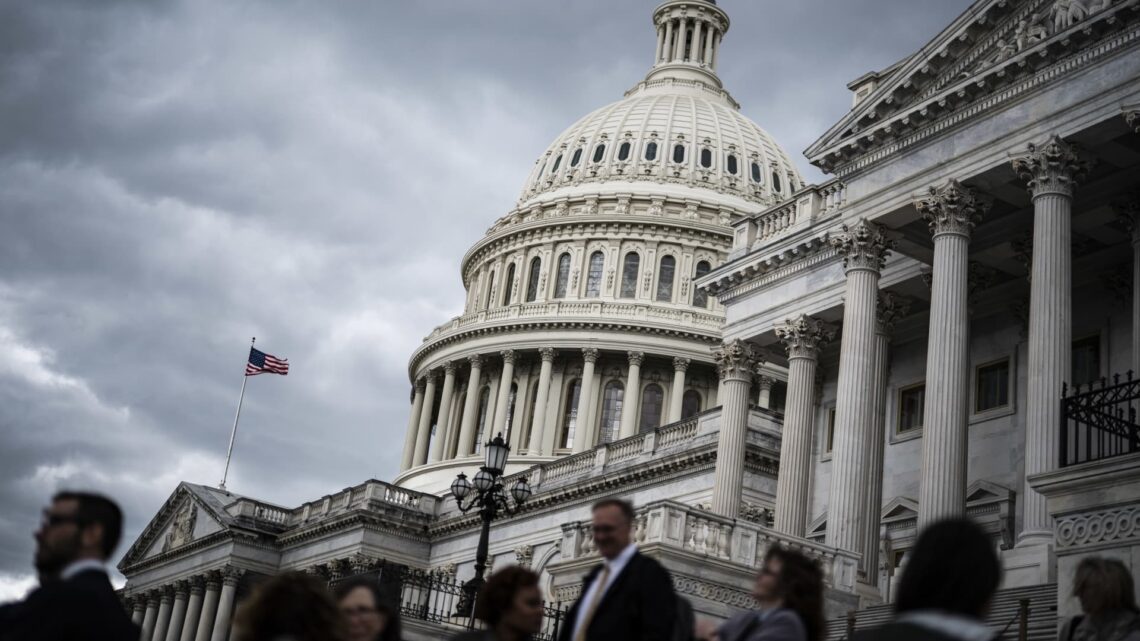The debate over whether Chinese-owned TikTok can operate in the U.S. is back with fervor, revealing more about the risk for Chinese stocks in a U.S. presidential election year. The committee that led the legislation on TikTok that passed the House of Representatives last week has another bill aimed at restricting Chinese biotech companies, among many policy proposals . Such considerations motivated Goldman Sachs analysts to update their model for measuring the level of risk from U.S.-China tensions in Chinese stocks. Their barometer, created in 2020, “has correlated well with the U.S.-China events timeline, and China equity performance,” the analysts said. They said recent events mean they must consider more factors, such as the performance of Chinese exporters to the U.S., artificial intelligence names and nearly 150 Chinese healthcare companies. Goldman’s revised U.S.-China tensions barometer stands at a modest 53 out of 100, indicating a “somewhat benign” outlook for the bilateral relationship. While some factors, such as geopolitics, have improved, others are on the rise. “The risks in ‘Soft Tech’ have moved higher in recent months, in our view likely driven by the market volatility stemming from the proposed BioSecure Act bill and the expanding/intensifying restrictions on AI and other advanced technologies,” the Goldman analysts wrote in a March 14 report. The House Select Committee on the Strategic Competition between the U.S. and the Chinese Communist Party in late January introduced a draft of the ” BioSecure Act ” to the House of Representatives. “Once enacted, the legislation would restrict federally funded medical providers from using foreign adversary biotech companies of concern,” the Committee said in a release, naming a few Chinese entities in particular. It’s not clear how quickly the bill and its Senate version can move through Congress, if at all. The latest TikTok legislation — which effectively bans the app in the U.S. unless its Chinese…
Read the full article here








